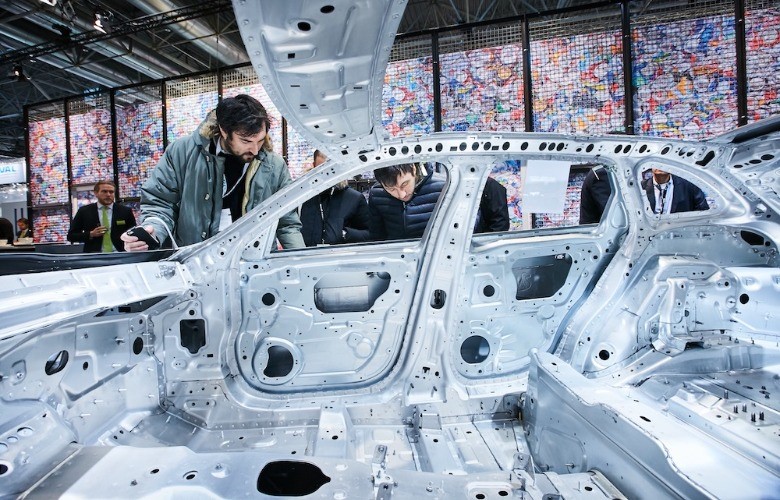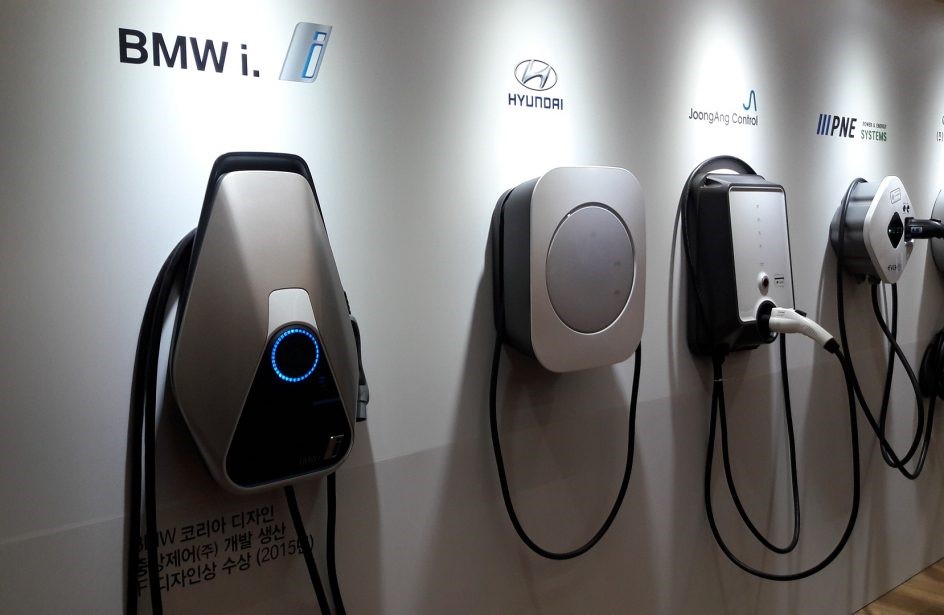

The aluminium industry has witnessed a rapidly increasing demand from the international electric vehicles sector due to its diversity in usage and extremely tensile characteristics. Moreover, the Paris Act 2015 has compelled major greenhouse gas-producing nations to adopt various sustainability protocols to reduce their carbon footprint in the long run. Aluminium is infinitely recyclable, and the non-ferrous metal, once produced, stays forever in the material loop, therefore decreasing the chances of repetitive carbon emissions. The US and China, who are already significant consumers of aluminium products in their manufacturing processes, are also looking to expand their markets.

The electric vehicle industry is booming. By 2020, the world's electric cars accounted for 35% of global passenger vehicle sales. Electric vehicles are built with the sole concept of purifying the conventional energy-intensive automobile industry. Leading personalities like the CEO of Vedanta Aluminium, Rahul Sharma, feels optimistic about using aluminium in the EV sector.
"The metal's high strength-to-weight ratio, corrosion resistance, exceptional design flexibility and infinite recyclability, coupled with the fact that bauxite mining is sustainable and eco-friendly, stand testimony to its environment-friendliness and sustainability," he exclaimed.
Some noteworthy examples of aluminium used in the electric vehicle sector are as follows:
Rolls-Royce: Rolls-Royce has unveiled the new Rolls-Royce Spectre, a vehicle that is part of their EV project. The car is based on the Phantom Coupé and can travel 520 km on one charge. The lightweight aluminium space-frame chassis was designed in collaboration with BMW and represents the first step toward creating an all-electric production line by 2030. The well-acclaimed Phantom Coupé is the precursor to the Spectre and has been tested to support a driving range of 520 km on a single charge.
BMW: The automobile giant released its flagship BMW 7 series made of EGA's CelestiAL solar aluminium in Abu Dhabi. This can be considered a remarkable step for the electric vehicle sector since joining big brands like BMW might propel the development of more aluminium-bodied cars. The use of aluminium in the car's chassis has reduced its weight substantially, making the outlook sleek and sophisticated.
Audi: Audi has recently unveiled its Dakar-inspired electric mountain bike with a lightweight aluminium body. This new Audi e-MTB displays an outer framework resembling the company's RS e-tron Dakar racing car. A Fantic 720Wh battery pack has been hooked onto the e-bike's aluminium frame so the bike's weight stays under the radar.

Acer: Primarily an expert in manufacturing computers, Acer released its first e-bike this year that features a lightweight aluminium alloy framework. The Acer ebii e-bike has a substantially reduced size-to-weight ratio due to the use of aluminium in its construction. Acer claims an aluminium frame has improved the bike's agility, keeping the balance on uneven terrains in check.
IOC Phinergy collaboration: A joint venture has been formed between Indian Oil Corporation and Israeli battery maker Phinergy to develop India's first-ever full eco-system for aluminium-air batteries. This is an attempt by the countries to curtail their fossil fuel intake and, in turn, boost the electric vehicle industry in their region. The collaborative body IOC Phinergy Ltd was scheduled to display the first-ever aluminium-air battery-powered prototype at the Auto Expo India 2023.
Prototype of Tata Tiago EV: IOC Phinergy Ltd worked closely with Tata to release the first-ever prototype of Tiago run by a fully optimised aluminium-air battery in the Auto Expo India 2023. Phinergy's technology uses the oxygen that is released due to metal reactions to create electricity. The aluminium anode inside is crucial in collecting the oxygen and breaking the water into hydroxide.
Switch Mobility: The brand mainly focuses on creating carbon-neutral electric buses and other lightweight vehicles. Switch EiV 22 is being actively incorporated into the Indian transportation sector for its low operational costs and endurance. Using aluminium decimates the probable weightage of the bus allowing swift movement. The globally acclaimed JSW group has ordered 71 Switch bus models for use in employee transportation.
Goyal Aluminiums: The firm has planned an investment of INR 200 crore to build an electric vehicle (EV) plant in Uttar Pradesh for producing state-of-the-art Wroley E scooters. Aluminium would be essential for the body of this scooter as EVs are supposed to be lightweight, so it is easy to ferry them with a lithium-powered battery.



Responses






